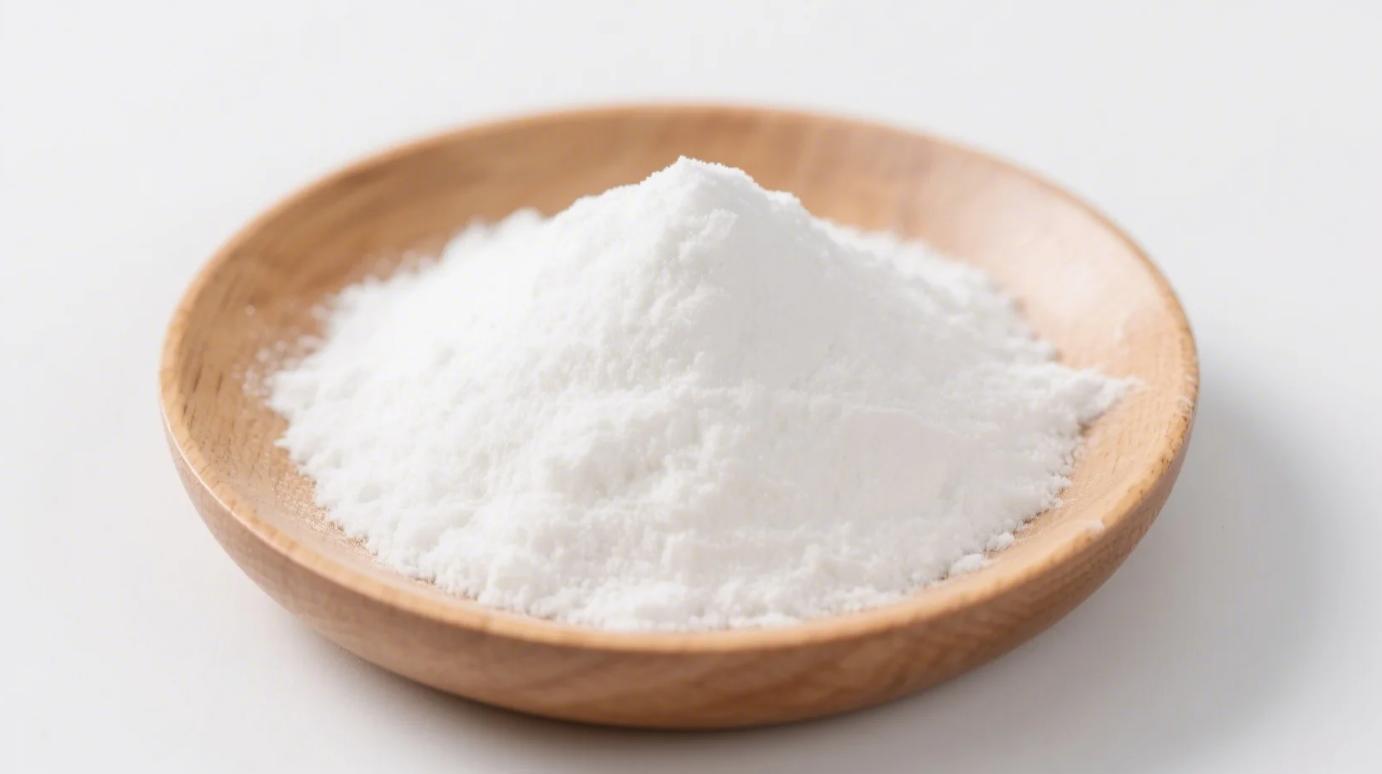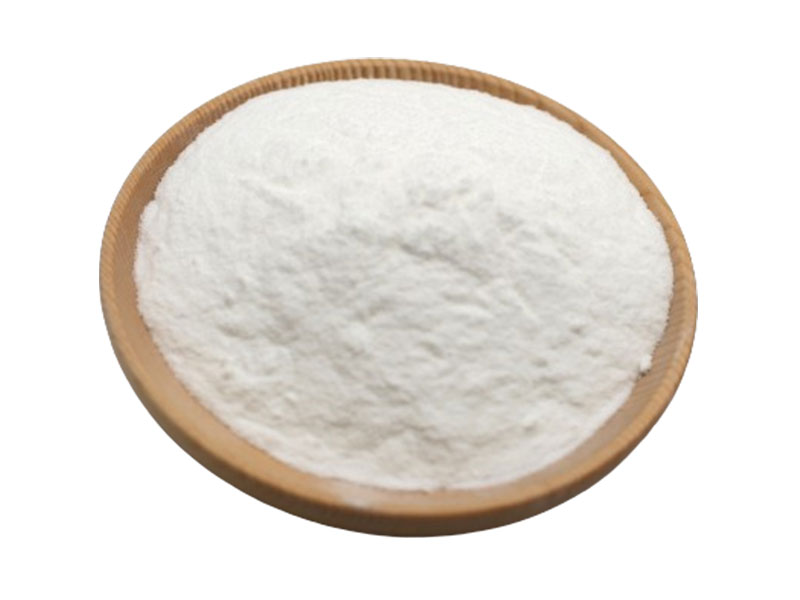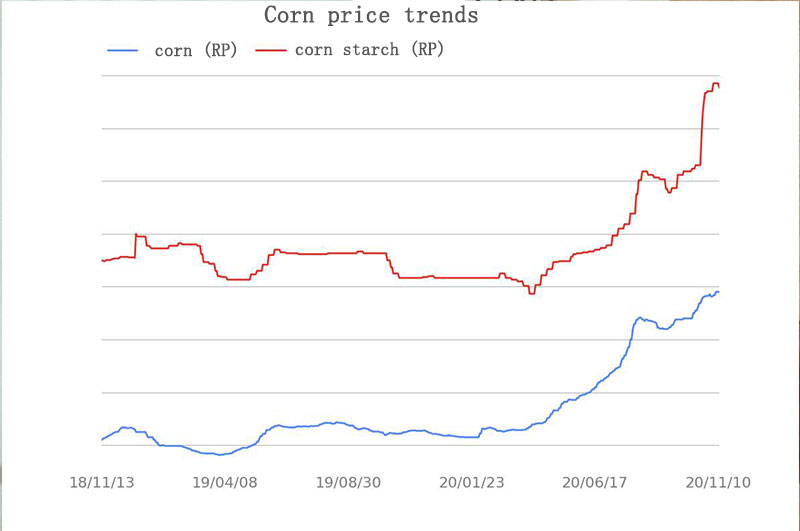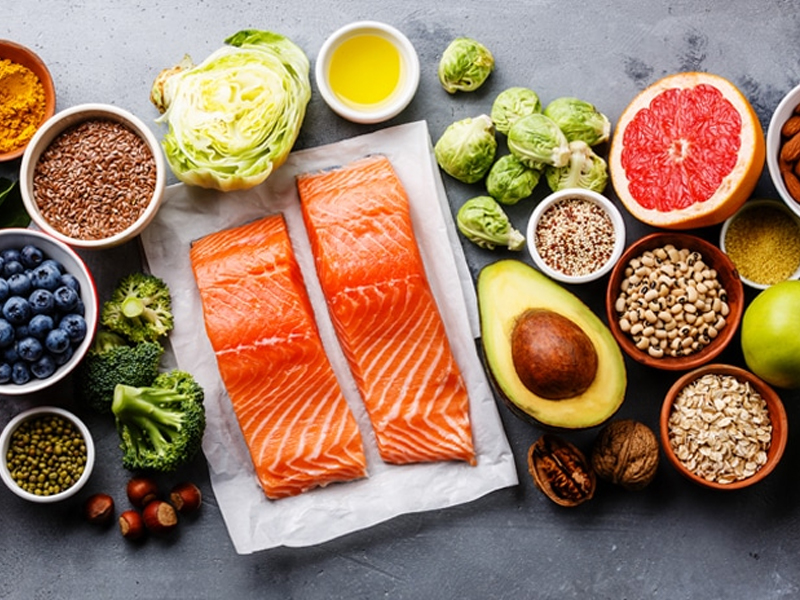FOS 101: The Fiber That Acts Like Sugar (But Isn’t)
Fructooligosaccharides (FOS) are prebiotic fibers found in chicory root, garlic, and bananas. Despite their sweet taste (30% the sweetness of sugar), organic FOS—whether as syrup or powder—is not a sugar. It’s a chain of fructose molecules that human enzymes can’t break down, making it a gut-friendly carb with a negligible glycemic impact. But does “negligible” mean zero? Let’s decode the science.
Blood Sugar Under the Microscope: The FOS Effect
Glycemic Index (GI) = 1
- No Glucose Spike: FOS bypasses digestion and ferments in the colon, producing short-chain fatty acids (SCFAs) instead of glucose.
- Insulin-Neutral: Studies show no insulin response after FOS consumption, even in diabetics.
But Here’s the Catch
- Synbiotic Blends: Some FOS syrups mix with maltodextrin or sugar alcohols (e.g., erythritol), which can raise blood sugar.
- “Net Carb” Confusion: While FOS itself is non-glycemic, labels may list carbs—misleading keto dieters.
Organic Assurance: Pure FOS powder/syrup contains no hidden sugars or fillers.
Organic FOS Syrup vs. Powder: Which Is Safer?
| Factor | Organic FOS Syrup | Organic FOS Powder |
|---|---|---|
| Glycemic Impact | GI = 1 (if pure) | GI = 1 |
| Common Uses | Liquid sweetener for drinks, sauces | Baking, smoothies, supplements |
| Calories | 1.5 kcal/g | 1.5 kcal/g |
| Added Ingredients | Risk of preservatives (opt for cold-pressed) | Often pure FOS + anti-caking agents |
| Prebiotic Power | Same SCFA production | Same |
Winner for Purity: Powder. Winner for Convenience: Syrup.
The Organic Edge: Why Source Matters
Conventional FOS often hides risks:
- Pesticide Residues: Non-organic chicory root farms use glyphosate, linked to gut dysbiosis.
- GMO Contamination: 80% of conventional FOS derives from GMO corn.
- Harsh Processing: Acid hydrolysis destroys prebiotic fibers.
Organic FOS Guarantees: ✅ Non-GMO, Regenerative Farming: Chicory grown without synthetic chemicals.
✅ Enzymatic Extraction: Preserves 95% of prebiotic fibers vs. 70% in conventional.
✅ No Bleaches or Solvents: Syrups are gently evaporated; powders are spray-dried.
Who Should Still Be Cautious?
- FODMAP-Sensitive Individuals: FOS is high-FODMAP and may trigger IBS symptoms.
- SIBO Patients: Fermentation can worsen bloating and gas.
- Carb-Counting Diabetics: Though non-glycemic, some doctors advise capping intake at 15g/day.
FOS vs. Other Sweeteners: Blood Sugar Battle
| Sweetener | Glycemic Index | Calories/g | Gut Health |
|---|---|---|---|
| Organic FOS | 1 | 1.5 | ✅ Prebiotic |
| Erythritol | 0 | 0.2 | ❌ |
| Coconut Sugar | 54 | 4 | ❌ |
| Allulose | 0 | 0.4 | ❌ |
| Stevia | 0 | 0 | ❌ |
Winner for Dual Action: FOS supports both blood sugar and gut health.
How to Use Organic FOS Safely
- Check Labels: Ensure no added maltodextrin or sugars.
- Start Low: 5g/day (1 tsp powder or syrup) to test tolerance.
- Synbiotic Pairing: Combine with probiotics (e.g., Lactobacillus) for amplified benefits.
- Bake Smart: Replace 25% of sugar with FOS powder in recipes (reduces calories without texture loss).
The Verdict: A Sweet Victory for Steady Glucose
Organic fructooligosaccharides—whether syrup or powder—are a rare breed: sweet enough to satisfy cravings, gentle enough for diabetics, and potent enough to fuel good gut bacteria. While not entirely risk-free (hello, FODMAPs), their blood sugar neutrality is backed by robust science. For those prioritizing metabolic health and organic purity, FOS is a pantry MVP.
Sweeten wisely. Your gut and glucose levels will harmonize.
Related Products
Organic Fructooligosaccharides
Premium Prebiotic Fiber for Gut Health, Functional Foods & Dietary Supplements
Organic Maltodextrin Powder
Versatile Clean-Label Carbohydrate for Food, Beverage & Nutraceutical Applications



